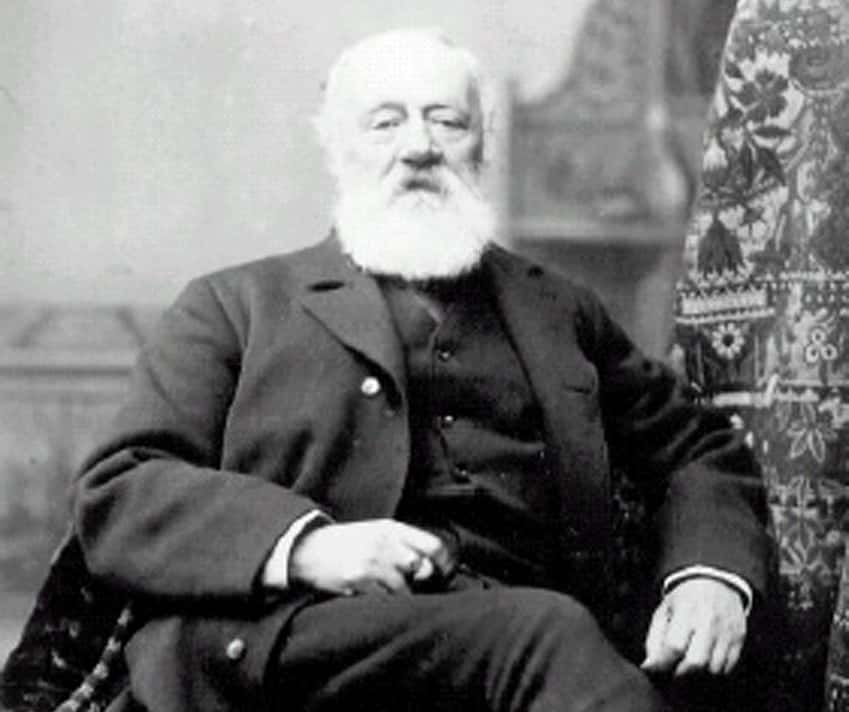Yes, we may have Apple and Samsung to thank for the devices that most of us use to make calls today. But let me take you back through time...before facial recognition, portrait mode, and animoji. Before regular emoji. Back before the Motorola RAZR or Nokia 3310. Before you had to search the house for the ringing cordless, or untangle yourself from what felt like a 30’ cord after a long conversation. Back before you could even dial the number you wanted to call yourself! The first telephones, as strange as they may seem to us today, were marvels at the time of their invention. So, who invented the telephone?
Teamwork Makes the Dream Work
As a society, we love the idea of a lone genius, working tirelessly in his lab to complete his vision. In reality, it takes a whole lot of people and a whole lot of work to get an idea off the ground. The way that patents work is partially responsible for this. So yes, we generally claim that Alexander Graham Bell was the one to invent the telephone. After all, he held the patent. But there was a lot more to it than that.
The idea goes all the way back to a childhood favorite—the string telephone. It sounds silly, but it’s not! It’s the same idea: sound waves moving back and forth across a string or wire. This concept led to the invention of the electromagnetic telegram in 1833. Eventually, similar technology would end up in the first telephones. Throughout the years that followed, lots of people either came up with the idea of the telephone (but not the technology) or created technology led to the telephone. Some worked better than others, of course. Technically, Johann Phillipp Reis’s 1857 telephone worked, but it was extremely finicky.
Will the Real Inventor Please Stand Up?
The inventor most likely to give Alexander Graham Bell’s legacy a run for his money was an Italian man named Antonio Meucci. He created his “telettrofono” in 1854 and patented it in 1871. However, that patent was incredibly vague. It didn’t make mention of the fundamental parts of an electromagnetic telephone, and it was not renewed after 1874. Without a strong patent to stand behind his invention, his work was unable to compete with that of Alexander Graham Bell’s.
Did Alexander Graham Bell Invent the Telephone?
On June 2, 1875, Alexander Graham Bell was already years deep into his research and design for a device that could transmit speech. Then finally, a decisive moment occurred during the experimentation process. His assistant plucked a reed, and Bell could hear it over the wires. They continued to experiment in the following months, and on March 10, 1876, they had their first clear call transmitting speech.
Bell patented his telephone on March 7, 1876 (oddly enough, this was actually before he had proof that it worked). Soon after the successful test, he began to build the infrastructure for the Bell Telephone Company. Who’s to say what would have happened if Meucci had renewed his patent? It’s entirely likely that Bell’s patent might've been rejected.
Regardless, Bell had the resources, the patent, and the proliferation of the technology that Meucci didn’t, and we can’t exactly go back in time and lend Meucci the cash. While Alexander Graham Bell’s telephone was one product of a long line of successful experiments made by hard-working and hard-thinking inventors, he who has the gold makes the rules—or in this case, he who has the patent is the inventor.
Sources: 1















